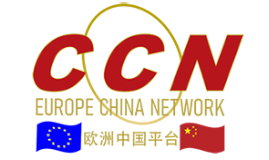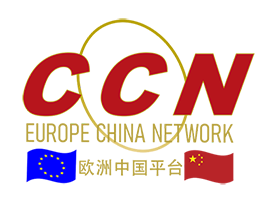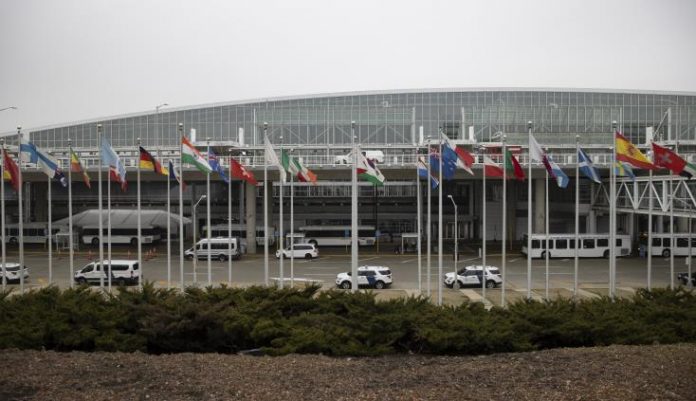CNA
The US Report on International Religious Freedom for 2020, refers to the situation in Cyprus, both in the areas under the Republic’s control and the Turkish occupied areas.
The report notes that “since 1974, the southern part of Cyprus has been under the control of the government of the Republic of Cyprus. The northern part, administered by Turkish Cypriots, proclaimed itself the “Turkish Republic of Northern Cyprus” (“TRNC”) in 1983.”
It further points out that “the United States does not recognize the “TRNC,” nor does any country other than Turkey. A substantial number of Turkish troops remain on the island. A “green line,” or buffer zone (which is over 110 miles long and several miles wide in places) patrolled by the UN Peacekeeping Force in Cyprus (UNFICYP), separates the two parts.”
“The constitution prohibits religious discrimination and protects the freedom to worship, teach, and practice one’s religion. It grants the Greek Orthodox Church of Cyprus the exclusive right to regulate and administer its internal affairs and recognizes the Vakf, an Islamic institution that manages sites of worship and property Muslims have donated, as a charitable endowment,” the report reads about the Republic of Cyprus constitution.
Two of the eight functioning mosques under the guardianship of the Ministry of Interior, it says, “continued to lack bathroom and ablution facilities.”
The Department of Antiquities, it adds, “continued to limit regular access to Hala Sultan Tekke Mosque to only two of the five daily prayers, although it routinely granted expanded access during Ramadan and at the request of the imam.”
The imam of Hala Sultan Tekke Mosque, the report continues, “said Department of Antiquities’ security guards continued to allow some non-Muslim tourists to enter the mosque without observing the proper dress code.”
It also notes that “the imam said that the Larnaca Turkish cemetery was completely full and the Ministry of Interior denied his request for the construction of a new cemetery in nearby Vakf land.”
The report also refers to the Jewish community in Cyprus saying it “reported authorities continued to conduct autopsies for nonsuspicious deaths, against the community’s wishes.”
“Authorities continued to deny permission to perform animal slaughter for food production according to Jewish law. In early April, the Council of Ministers submitted to the House of Representatives a bill allowing kosher and halal slaughter of animals. The government withdrew the bill on April 24 following strong reactions by animal rights activists,” it adds.
Authorities, it continues, “did not respond to a request pending since 2017 from the Chief Rabbinate of Cyprus to have the right to officiate marriage, death, and divorce certificates.”
The report also refers to an incident In May, when unknown persons threw firecrackers into the premises of Koprulu Mosque in Limassol and sprayed anti-Muslim, antimigrant graffiti on the walls surrounding the mosque.
“Some religious minority groups continued to report societal pressure to engage in public Greek Orthodox religious ceremonies, such as weddings and christenings,” it says.
“Greek Orthodox Christians reported they sometimes faced ostracism from their community if they converted to another religion,” it adds.
“Leaders of the main religious groups continued to meet under the framework of the Religious Track of the Cyprus Peace Process (RTCYPP) and advocate for greater religious freedom for faith communities across the island,” the report notes.
It also refers to US embassy representatives activities, saying that they continued to meet with government officials to discuss various issues, including access to religious sites on either side of the “green line” dividing the country.”
“The Ambassador met with religious leaders to discuss religious freedom restrictions, access to religious sites, and interfaith cooperation. Embassy staff met with nongovernmental organizations (NGOs) and religious leaders to discuss topics, including access to religious sites island-wide and discrimination against minority religious groups,” it adds, pointing out that except for a few virtual engagements because of COVID-19 restrictions, most were in-person meetings.
“Embassy officials also visited places of religious significance on both sides of the “green line” and encouraged continued dialogue and cooperation among religious leaders,” the report reads.
Referring to the Turkish occupied territories of Cyprus as “area administered by Turkish Cypriots,” the report says that the Turkish Cypriot “constitution” refers to the “state” as secular and provides for freedom of religious faith and worship consistent with public order and morals. It prohibits forced participation in worship and religious services and stipulates religious education may be conducted only under “state” supervision.
The “constitution”, it adds, “grants the Vakf the exclusive right to regulate its internal affairs.”
Turkish Cypriot authorities, it says, “continued to grant improved access to Greek Orthodox religious sites, although visits declined due to the COVID-19 pandemic.”
“The “Ministry of Foreign Affairs (MFA)” said during the year it approved 26 of 31 requests to hold religious services during the year, compared with 156 of 203 requests in 2019,” the report adds.
The “MFA” reported “that no requests were made for religious services after March 12 due to COVID-19 mitigation measures.”
At the same time, it refers to Turkish-Speaking Protestant Associations (TSPA) representatives who “continued to report police surveillance of their activities.”
“According to Greek Orthodox representatives, police monitored their church services. They reported plainclothes police officers present during services checked priests’ identification and monitored the congregation,” it says.
The TSPA, it notes, “said Turkish Cypriots who converted to other faiths often experienced societal criticism.”
It also takes note of the fact that “the TCCH reported completing conservation and structural support to five churches and the walls of Nicosia’s historic city center.”
“Mufti of Cyprus Atalay and Church of Cyprus Archbishop Chrysostomos II continued to meet virtually throughout the year. Their representatives continued to meet in-person in the buffer zone in accordance with COVID-19 mitigation protocols,” it says.
Referring to the activity of US Embassy officials, it notes that they 2continued engagement with the office of the Mufti of Cyprus, who was also head of the “Religious Affairs Department,” by telephone and virtually to discuss cooperation among religious leaders and access to religious sites.”
“Embassy officials met with representatives of the “MFA” and the Vakf to discuss unrestricted access to religious sites. Embassy officials continued to meet with leaders from the Sunni and Alevi Muslim, Armenian and Greek Orthodox, Maronite, Roman Catholic, and Protestant communities to discuss access to religious sites and instances of religious-based discrimination,” the report adds.
Cyprus has been divided since 1974, when Turkey invaded and occupied its northern third. Repeated rounds of UN-led peace talks have so far failed to yield results.





















